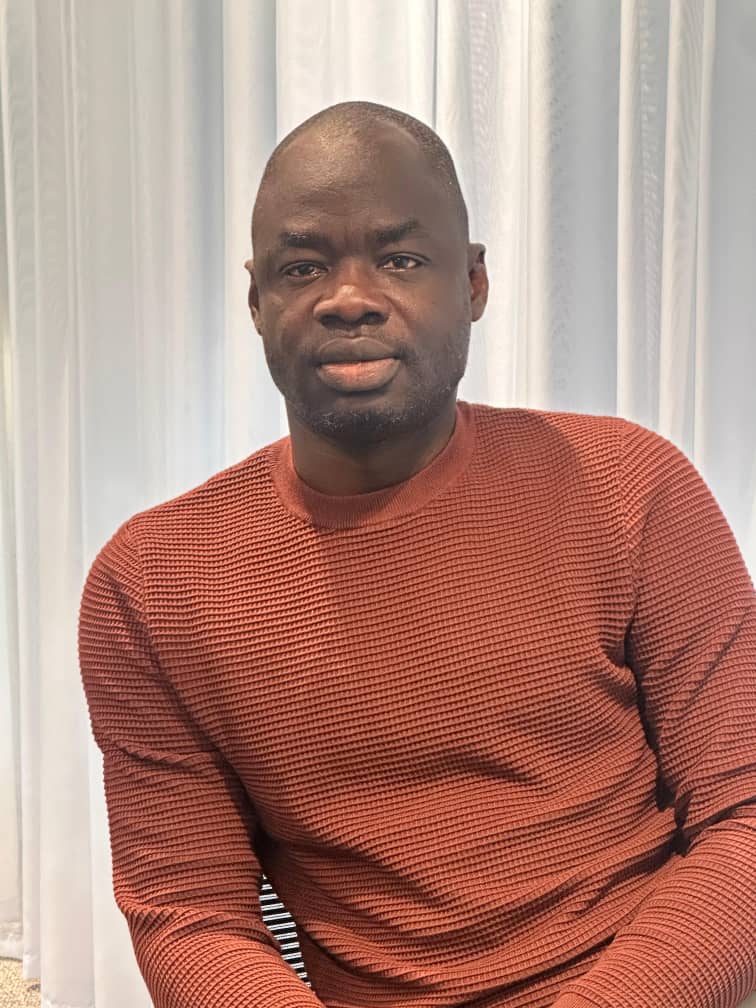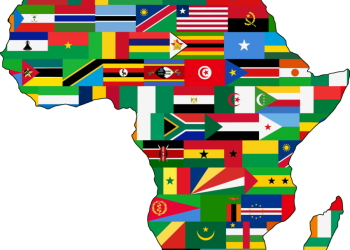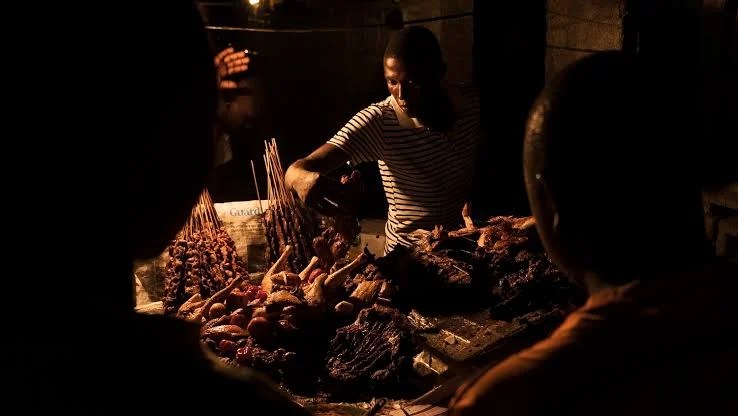The Presidential election which took place on February 25, 2023 has come and gone. Despite registering a widespread dissatisfaction from political stakeholders and the electorates, the Independent National Electoral Commission has declared the presidential candidate of the All Progressive Congress (APC), Bola Ahmed Tinubu as the winner with the Peoples Democratic party (PDP) and Labour party (LP) rejecting the outcome and heading to court.
However, it’s often said the it is not wise to throw away the baby with the dirty bath water. It is therefore important that we look at the enormous lessons we can derive from this just concluded electoral exercise. Even though, it was alleged that there is a foul play and irregularities in the process, one cannot take away the fact that there is a high level of turnout ever recorded in the history of Nigeria. People are becoming more conscious politically. That’s the first lesson for all political stakeholders to learn because because power rests with the people. They give it to whoever they chose. Gone are the days of party supremacy. Gone are the days any body with money and high influence will buy his through the party to the national assembly. Now, you have to engage the people with your plans and past performances for you to stand a chance. For instance, various governors who wanted to use party supremacy to glide into the Senate were roundedly beaten hands down by another party, LP. So, the first lesson is people supremacy over party supremacy. This is because the people now have a say who represents them at all levels.
Moreover, there is the aspect of Nigeria moving away from the threshold of two-party state comprising the PDP and the APC. With the emergence of Labour party and the appealing personality of its presidential candidate, Peter Obi, the two dominant party are in deep mire of confusion and uncertainty as they struggle to maintain their strongholds. For example, with the former governor of Lagos, Bola Ahmed Tinubu losing his major stronghold, Lagos to the labour party candidate, it has now left a cloud of uncertainty over the head of the incumbent governor of Lagos state, Babajide Sanwo-Olu. The labour party has become the third force in the Nigerian polity that if care is not taken, given a formidable alliance in the north, can defeat an incumbent government at the polls.
Furthermore, there were indication that the Independent National Electoral Commission renege on its promises and failed to follow its own rule by announcing results that were not uploaded. It’s ridiculous that INEC will give Nigerians high hopes of free, fair and credible by the use of technology-driven and malpractice-proof system, only to dash such hope to the rock at the eleventh hour. It must be noted that INEC has acknowledged that there were glitches here and there in the transmission of results, but the lesson to be learnt here is that it’s always good to have plan B or equal alternative in every arrangement. For instance, while configuring the BIVAS, INEC should have made arrangements for glitches or equal alternative instead of relying on the manual result sheets that were marred with falsification and cancellations. It’s always good to abide by ones own rule or principles in life. INEC, by the singular act of announcing a controversial and incredible result has lost credibility and trust of the people. Its chairman, Mahmood Yakubu has become an object of ridicule and symbol of dishonesty to the Nigerian public. The electoral umpire has been dragged to the mud. There are notable records of rigging and violence in different quarters and INEC should have declared such election inconclusive until the right thing is done and due process is followed.
Consequently, there is this dreaded lesson to be learnt about the judicial system in Nigeria. Can the judiciary live up to its mandate or will they succumb to prejudice and corruption? The fact remains that the judiciary too in Nigeria needs serious reform in order to discharge its duties without fear or favour. For instance, there is virtually no presidential election that doesn’t end up in court but it’s always the winner declared by INEC is always the winner. In the case of Buhari vs Atiku (2019), the supreme court declared Buhari the winner. But now, the supreme court is going to have a herculean task interpreting the 25% vote spread and two-third majority clause as ascribed by the constitution. The judicial system will have to prove its mettle to Nigerians if it’s still the last hope of the common man.
In addition, politics is local. Elections in Nigeria now are not won by going on live television or speaking good English. Some people vote out of general sentiment while others vote out of exclusive reasons. It’s important to appeal to them both. Nobody believed in the beginning that Peter Obi , the presidential candidate of the Labour party could muster such support and make such inroad in the south west and the northern Nigeria. It boils down to having the determination and commitment to undertake a journey. It seems the universe always come to the aid of those who did not give up and that’s a good lesson to be learnt looking at the activities and buildup to the 2023 presidential race.
In conclusion, it’s always good to plan all the way to the end. That’s where INEC failed it. They should have planned for eventualities like hacking of the BIVAS or its malfunctioning. They should have put measures in place to checkmate rigging, violence and intimidation of voters. It seemed the presence of security operatives at polling centres did not deter the miscreants intimidating people and shooting sporadically. The election did not meet expectations of many observers and this is an unpleasant narrative and antecedence to our fledgling democracy.









